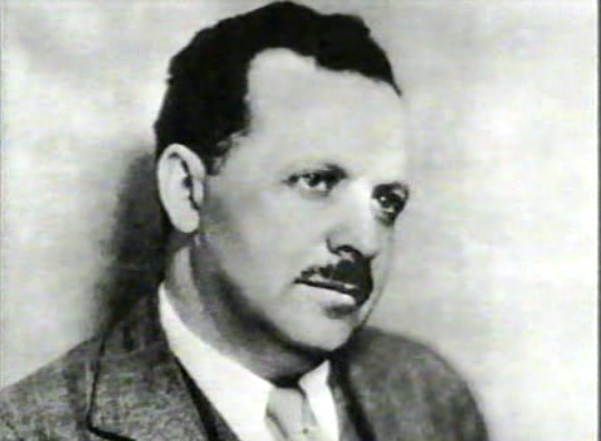Advertising as a major source of human dissatisfaction: Cross-national evidence on one million Europeans (Vox)

Although the negative impact of conspicuous consumption has been discussed for more than a century, the link between advertising and individual is not well understood. This column uses longitudinal data for 27 countries in Europe linking change in life satisfaction to variation in advertising spend. The results show a large negative correlation that cannot be attributed to the business cycle or individual characteristics. (...)
The effect implies that a hypothetical doubling of advertising expenditure would result in a 3% drop in life satisfaction. That is approximately one half the absolute size of the marriage effect on life satisfaction, or approximately one quarter of the absolute size of the effect of being unemployed.
Original article:
https://voxeu.org/article/advertising-major-source-human-dissatisfaction
HN story:
https://news.ycombinator.com/item?id=20034038
Edward Bernays and the history of advertising and PR as we know it today
The story of the relationship between Sigmund Freud and his American nephew, Edward Bernays. Bernays invented the public relations profession in the 1920s and was the first person to take Freud's ideas to manipulate the masses. He showed American corporations how they could make people want things they didn't need by systematically linking mass-produced goods to their unconscious desires. Bernays was one of the main architects of the modern techniques of mass-consumer persuasion, using every trick in the book, from celebrity endorsement and outrageous PR stunts, to eroticising the motorcar. His most notorious coup was breaking the taboo on women smoking by persuading them that cigarettes were a symbol of independence and freedom. But Bernays was convinced that this was more than just a way of selling consumer goods. It was a new political idea of how to control the masses. By satisfying the inner irrational desires that his uncle had identified, people could be made happy and thus docile. It was the start of the all-consuming self which has come to dominate today's world.
Description taken from the following documentary on Youtube.
Discussion continues here:
https://www.economist.com/finance-and-economics/2019/06/06/advertising-may-make-people-miserable-but-it-still-has-its-uses
(full article: http://archive.is/U69lk)
